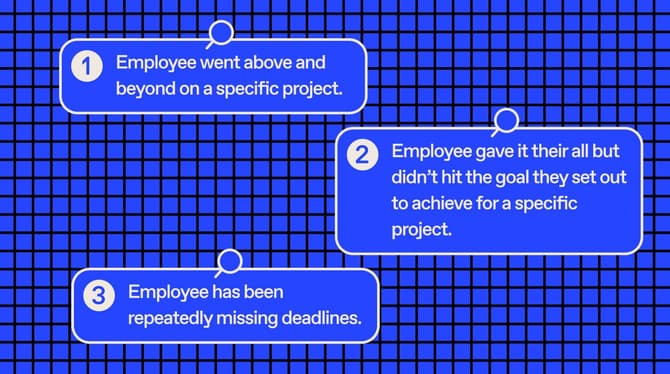Happy employees are more productive. If an employee is happy, they’ll be more likely to be engaged, and go above and beyond to perform well.
Unfortunately, few managers make the link between an employee’s happiness, and their willingness to do great work. Instead, managers focus on results and look at the amount of work completed or time spent working.
If managers were smart, they would focus on employee happiness, and allow employees to naturally come up with great ideas and provide great service.
Even without looking at any data, it makes sense that if you’re happier, you’ll be more productive because you’ll enjoy what you’re doing more.
But this has now been proven by research.
In March 2014, a group of U.K. researchers conducted a study to try and find the link between happiness and productivity: Happier people are about 12% more productive, the study found.
How managers can make their employees happy
There are a few simple things that managers can do to make their employees happier, and the main keyword is respect.
Have you ever heard of the Hawthorne effect? It’s the increase in productivity in the workplace when people feel that they are cared about.
Show employees that you genuinely care about them and their personal growth. You can measure employee happiness using surveys, and find out what really matters to them.
Once you find out what their true passions are, you can start to help them develop it.
Continuous learning is incredibly important to employees, and focuses on their intrinsic motivation, which is likely to make them happier long term. Things like classes online, mentorship programs, or fun activities like hackathons can be great ways to keep employees happy.
On the other end of the spectrum, there's workplaces that don't cater to their employees' needs. Their employees tend to become disengaging workplaces.
Use the Net Promoter Score
The Net Promoter Score (NPS) is the simplest way to measure employee happiness, because it’s one simple question.
The NPS is originally a customer service tool.
The way it works, is you ask a customer a simple question: “On a scale from 1-10, how likely are you to recommend our product/service to a friend?”
Scores 6 or lower are known as detractors, 6-8 are known as neutral, and 8-10 are known as promoters.
To get your score, you take the number of promoters, minus the number of detractors, and divide by the total number of answers.
In product management, it’s the best way to know if your product is actually good, because the theory is, if someone is willing to recommend your product to a friend, then they actually like it.
Instead of using it for customer service, use it to gauge how employees really feel about your company.
You can use Officevibe's employee engagement tool to measure your eNPS (employee Net Promoter Score) and identify what you need to focus on in order to keep employees engaged and happy.
Work on your own happiness
I don’t think it’s realistic to expect managers to increase your happiness for you, and be responsible for doing that.
You should take happiness into your own hands, and do simple things that will make you happier, regardless of what your manager does.
Here are a few things that have been proven to make you happier.
- Exercise – It’s been proven scientifically that exercising will make you happier. If you can, exercise in the middle of the day to get that extra boost of energy for the afternoon.
- Get rest – Lack of sleep can put you in a pretty bad mood, and sleep has been proven to make you happier. It’s not necessarily about the number of hours you sleep, but more about your habits.
- Help Others – Helping others, like your coworkers, is a proven way to become happier and to feel less pressured at work.
- Meditate – According to the research, regular meditation can actually rewire your brain to become happier. Look into the app called Headspace, it’s my favorite app out there (besides Officevibe of course).
Equip HR and managers with tools to engage, recognize, and drive performance.




